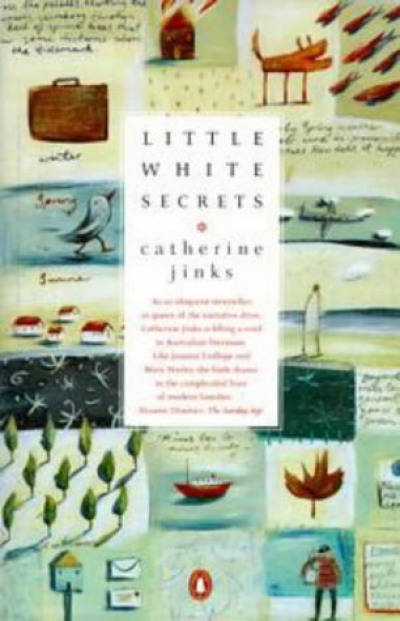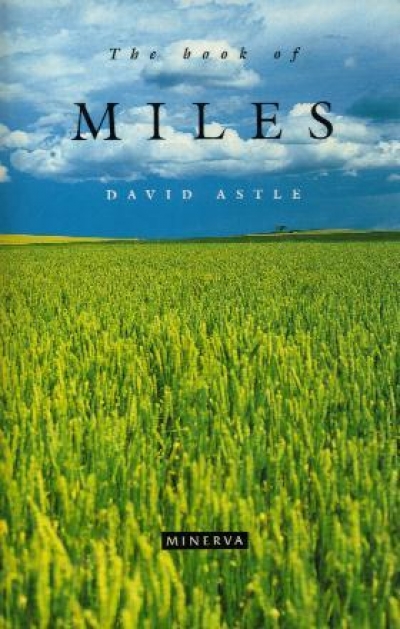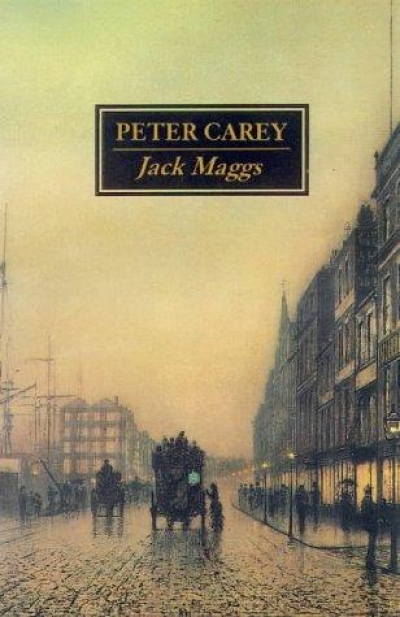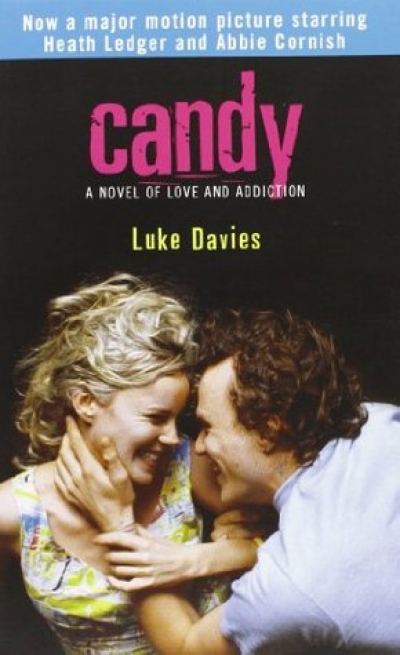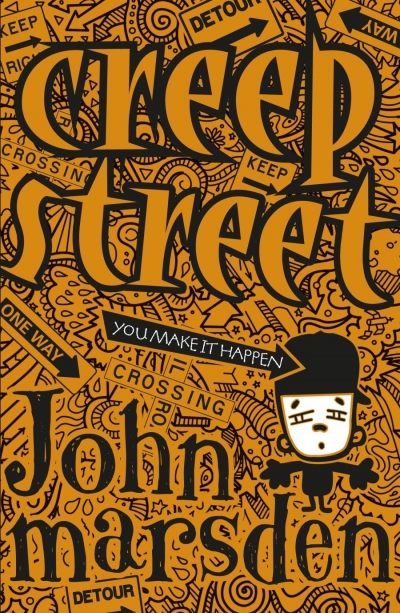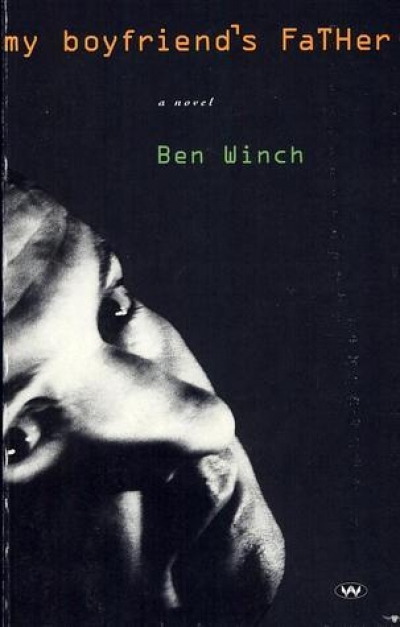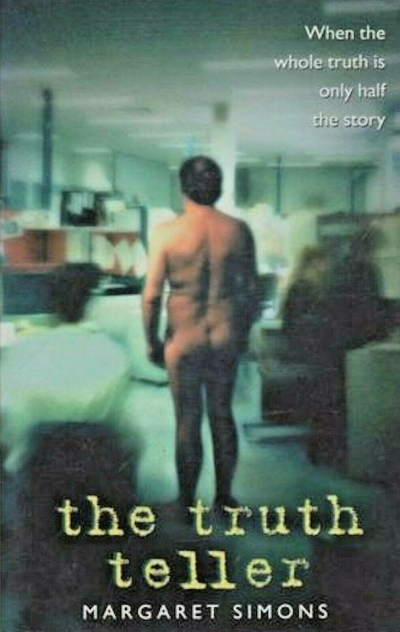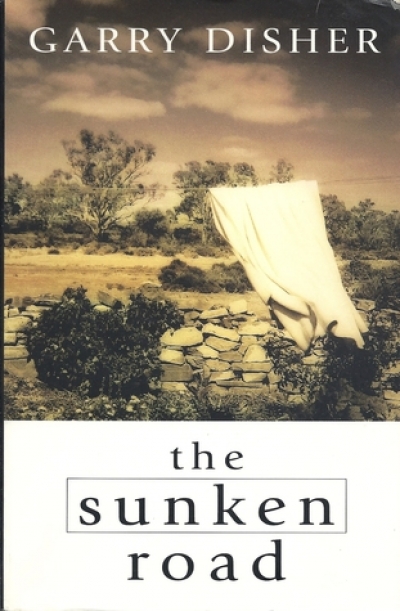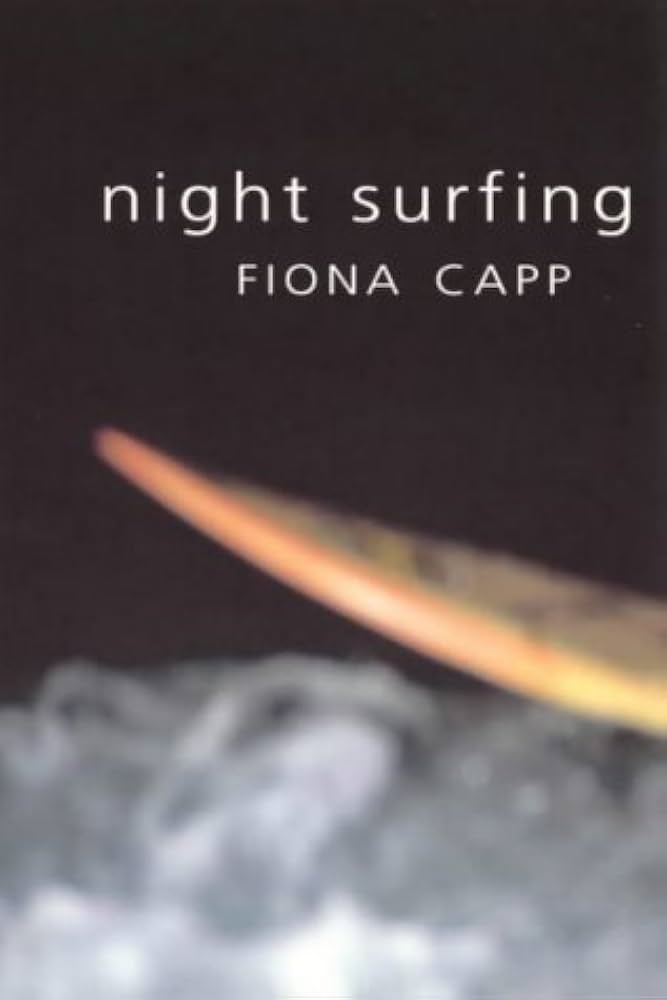Fiction
Catherine Jinks’ new novel reminds us that humans are great pigeonholers: we like to know where everything (everyone) fits, to be able to pop them in the right slot, slap the right label on the front and relax, secure in the knowledge that our future reactions are safely prescribed by the parameters of the pigeonhole to which we have consigned them.
... (read more)The Listmaker by Robin Klein & The Apostle Bird by Garry Disher
It takes a book like Robin Klein’s The Listmaker to remind adults that a children’s book which succeeds in conveying a child’s point of view may well not immediately engage more mature readers. In this instance, Klein so precisely articulates the self-absorbed voice of twelveyear-old Sarah, the eponymous listmaker, that it takes an effort of will for an adult reader to persist past the first few pages of what seem like overstated emotions and overdetermined plot. Children will have no trouble accepting Sarah’s voice and understanding that it’s like it is because it’s been distorted by her circumstances. Adults too, however, would do well to persevere with The Listmaker, for it turns out to be a heart-felt indictment of how our greedy me-first society can damage children.
... (read more)Mark Twain did Australian literature a service when he remarked that Australian history ‘does not read like history, but like the most beautiful lies’. It is an observation with which Australians are happy to identify, for it stimulates the imagination, accommodates the larrikin we like to see in ourselves, and has the effect of sanctioning the revision of a past that is not all that we might, from the vantage of hindsight, have wished. At least three writers have adopted it as an epigraph, including Peter Carey, who wove Illywhacker around the notion, and now David Astle, personalising a possible past for a corner of country Victoria.
... (read more)Peter Carey has constructed a labyrinth. Let me gropingly try to lead you through it. The year is 1837. A convict, transported to New South Wales for the term of his natural life, returns to London intent on finding the boy who years before did him a kindness. The boy, Henry Phipps, has grown up a gentleman ...
... (read more)Not another novel about heroin, you might ask. You might as well say, not another novel about addiction to anything, including love or death. Luke Davies’ novel risks being seen to jump on the bandwagon of relevance, or grunge, or whatever turns you off. But this a good book, a true book, which left me feeling sad for some days, not a bad thing in these times of numbing busyness in which many of us seem to be trapped.
... (read more)The two books reviewed here, although very different in many ways, do have one thing in common – they have something to do with a secret, which the readers, and the protagonists, all come to know.
... (read more)My Boyfriend’s Father by Ben Winch & The Man Who Painted Women by John Newton
‘When I was eighteen my boyfriend’s father died in jail.’ This is the opening sentence of Ben Winch’s second novel; it is also the conclusion of the novel and, having got that out of the way, we can settle into the details that will tell us why this man died in jail and what his story means for this now eighteen-year-old woman.
... (read more)The Truth Teller is a novel about a man hiding from himself. Told with pith and passion by Margaret Simons, it chronicles the career of journalist, Simon Spence. Spence lives in an exterior world. He hides behind facts and what he understands to be the truth. But Spence’s truth is a public one, not private. His private truth lurks far beneath the surface, suppressed by the very nature of the journalist’s ‘truth telling’ work. Simons writes about a world she knows, as a former journalist on The Australian. Her crisp writing style is ideal for the ambiguity of the subject. With razor-sharp words Simons sends messages that are as soft and blurred as clouds. She conveys the subterranean urges of the soul (‘the earthworm heart of a man’) as concisely as the fast-paced media world that buries it.
... (read more)The Sunken Road is an ambitious novel which sets the crisscrossing lives of families in the northern highlands of South Australia against a temporal panorama of a century and a half and forces that extend far beyond state and continent. It is a compassionate but never sentimental account of a collective experience full of hope, pain, exploitation and double standards. At its centre is a strongly rendered character called Anna Antonia Ison Tolley.
... (read more)Fiona Capp’s accomplished first novel is pungent with sea-salt and urgent with the relentless momentum of the waves. It opens with the image of tsunami, a freak wave that grows from a shudder in the seabed to a wall of ocean which engulfs the landscape of the novel, an image which is recalled most effectively through the book to echo in metaphor the emotional upheavals of its characters.
These characters are strongly but sparely drawn: we meet them over a summer holiday season and learn little more of them than is necessary to give each motivation and convincing life. Hannah is a year into Melbourne University; commended all her life for having her feet firmly on the ground, she ‘dreams of walking on water’ and has come down the Mornington Peninsula with a secondhand surfboard to try to make the dream into one kind of reality. Marcus and his son Jake fled to the Peninsula from the Liverpool docks, putting distance between themselves and the pain of Jake’s mother’s death from cancer. Jake surfs under the jealous mentorship of a polio-stunted science teacher and Marcus collects the detritus and the distinctive treasures that the sea spews up along the tideline.
... (read more)

